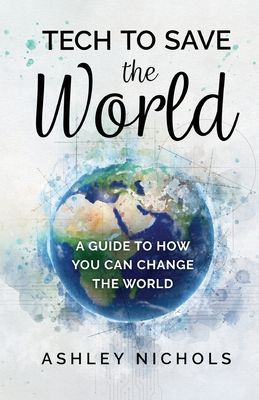Home
From Poverty to Power: How Active Citizens and Effective States Can Change the World
Loading Inventory...
Barnes and Noble
From Poverty to Power: How Active Citizens and Effective States Can Change the World
Current price: $79.95


Barnes and Noble
From Poverty to Power: How Active Citizens and Effective States Can Change the World
Current price: $79.95
Loading Inventory...
Size: Hardcover
*Product Information may vary - to confirm product availability, pricing, and additional information please contact Barnes and Noble
The twenty-first century will be defined by the fight against the scourges of poverty, inequality, and the threat of environmental collapse - as the fight against slavery or for universal suffrage defined earlier eras.
From Poverty to Power argues that it requires a radical redistribution of power, opportunities, and assets to break the cycle of poverty and inequality and to give poor people power over their own destinies. The forces driving this transformation are active citizens and effective states.
Why active citizens? Because people living in poverty must have a voice in deciding their own destiny, fighting for rights and justice in their own society, and holding the state and the private sector to account.
Why effective states? Because history shows that no country has prospered without a state structure that can actively manage the development process.
There is now an added urgency beyond the moral case for tackling poverty and inequality: we need to build a secure, fair, and sustainable world before climate change makes it impossible. This book argues that leaders, organisations, and individuals need to act together, while there is still time.
From Poverty to Power argues that it requires a radical redistribution of power, opportunities, and assets to break the cycle of poverty and inequality and to give poor people power over their own destinies. The forces driving this transformation are active citizens and effective states.
Why active citizens? Because people living in poverty must have a voice in deciding their own destiny, fighting for rights and justice in their own society, and holding the state and the private sector to account.
Why effective states? Because history shows that no country has prospered without a state structure that can actively manage the development process.
There is now an added urgency beyond the moral case for tackling poverty and inequality: we need to build a secure, fair, and sustainable world before climate change makes it impossible. This book argues that leaders, organisations, and individuals need to act together, while there is still time.


















